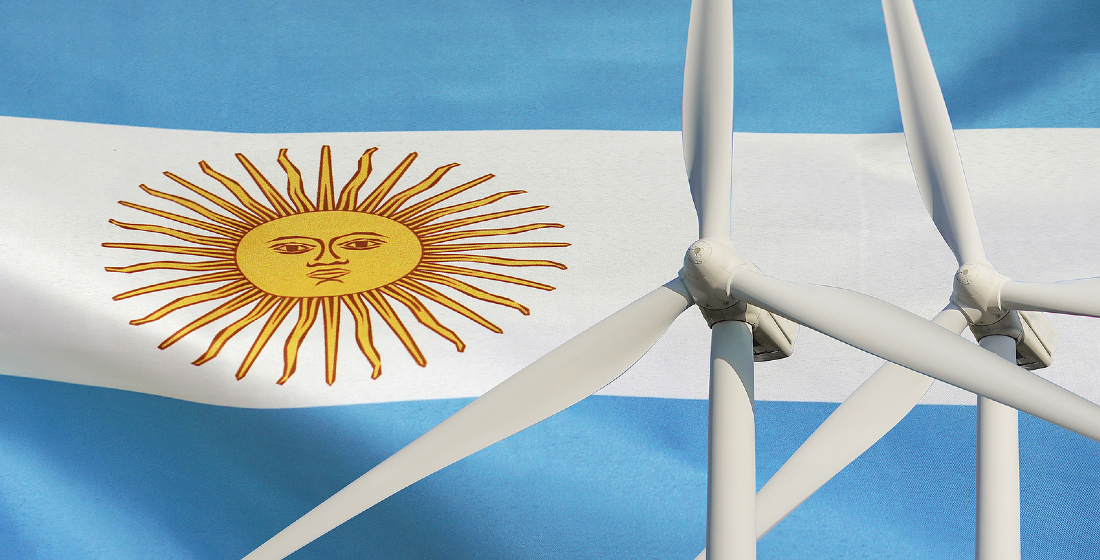COP26: Leaders pledge $19bn to fight deforestation and land degradation
The 110 signatories of the agreement – which includes $7.2bn of pledges from the private sector – cover a combined 85% of the world’s forests.

At the COP26 climate conference in Glasgow today, 110 world leaders agreed on a landmark commitment to halt and reverse forest loss and land degradation by 2030 – backed by around $19 billion in public and private funding pledges.
Countries spanning vast forests across Canada and Russia in the northern hemisphere and Brazil, Colombia, Indonesia and the Democratic Republic of the Congo in the south have endorsed the Glasgow Leaders’ Declaration on Forest and Land Use – covering a combined 85% of the world’s forests.
The pledge will be funded by $12bn of public finance from 12 countries between 2021-2025; supporting activities in developing countries such as restoring degraded land, tackling wildfires, and supporting the rights of indigenous communities.
The private sector has pledged an additional $7.2 billion of funding. CEOs from over 30 multinational financial institutions equipped with more $8.7 trillion of global assets – including Aviva, Schroders and Axa – are also committing to eliminate investment in activities linked to deforestation. In addition, three major initiatives will be launched to support the scaling up of private sector investment in forests and nature, aiming to unlock billions of dollars and creating new mechanisms to scale investment in natural capital:
- The Innovative Finance for the Amazon, Cerrado and Chacho (IFACC) will provide $3 billion to accelerate deforestation and conversion-free soy and cattle production in South America;
- The Sustainable Markets Initiative’s Natural Capital Investment Alliance (NCIA), an organisation founded by HRH the Prince of Wales to boost private investment in natural capital, plans to mobilise $10 billion in private capital by the end of 2022;
- The US government will announce a new Forest Investor Club, providing a platform to build a pipeline for forest-positive investment at scale and broker partnerships between global investors.
“What’s significant about this declaration is not just the range of countries coming together but also that we’re working in partnership with the private sector, with philanthropists, with indigenous peoples, and with local communities to address the economic drivers of deforestation,” announced UK Prime Minister, Boris Johnson. “So we’re taking steps today to make forest conservation not just right for our planet but right for our economies too.”
The UK itself will commit £1.5bn ($2bn) over five years to support the forests pledge, including £350m for tropical forests in Indonesia, and £200m for the LEAF Coalition, a global public-private initiative to protect forests launched earlier this year, which is receiving additional global commitments worth $1bn. The UK will also contribute £200m, alongside 11 other donors, as part of a new $1.5bn fund to protect the Congo Basin – home to the second-largest tropical rainforest, which is under threat from industrial logging, mining, and agriculture.
US President, Joe Biden, also announced a new US government plan to halt global forest loss, restore critical carbon sinks and improve land management. The plan will deploy $9 billion in US funding by 2030, and aims to restore at least 200 million hectares of forests and other ecosystems.
“As part of this [plan], we are going to make sure that markets recognise the true economic value of carbon sinks, and motivate governments, land owners and stakeholders to prioritise conservation,” said Biden. “We’ll work to align private sector investment flows to our climate and conservation goals, including reducing the drivers of deforestation, creating sustainable supply chains, and pursuing more sustainable commodity sourcing.”
Governments representing 75% of global trade in key commodities that threaten forests – such as palm oil, cocoa and soya – are also signing up to a new Forests, Agriculture and Commodity Trade (FACT) Statement. The 28 governments – including Indonesia, Colombia, Brazil, Ghana, the EU, UK and the USA – are committing to a common set of actions to deliver sustainable trade and reduce pressure on forests, including support for smallholder farmers and improving the transparency of supply chains.
Alongside this, ten companies – including Cargill, Wilmar and Olam – managing over half of global trade in key commodities will commit to enhanced collaboration and the development of their own roadmap, delivered by COP27, to accelerate action on eliminating commodity-driven deforestation consistent with a 1.5°C pathway.
Forests absorb around one-third of the global CO2 released from burning fossil fuels every year, and nearly 25% of the world’s population rely on forests for their livelihoods. But an area of forest the size of 27 football pitches is lost every minute, and 23% of today’s global emissions derive from land use activity, such as logging, deforestation and farming.





